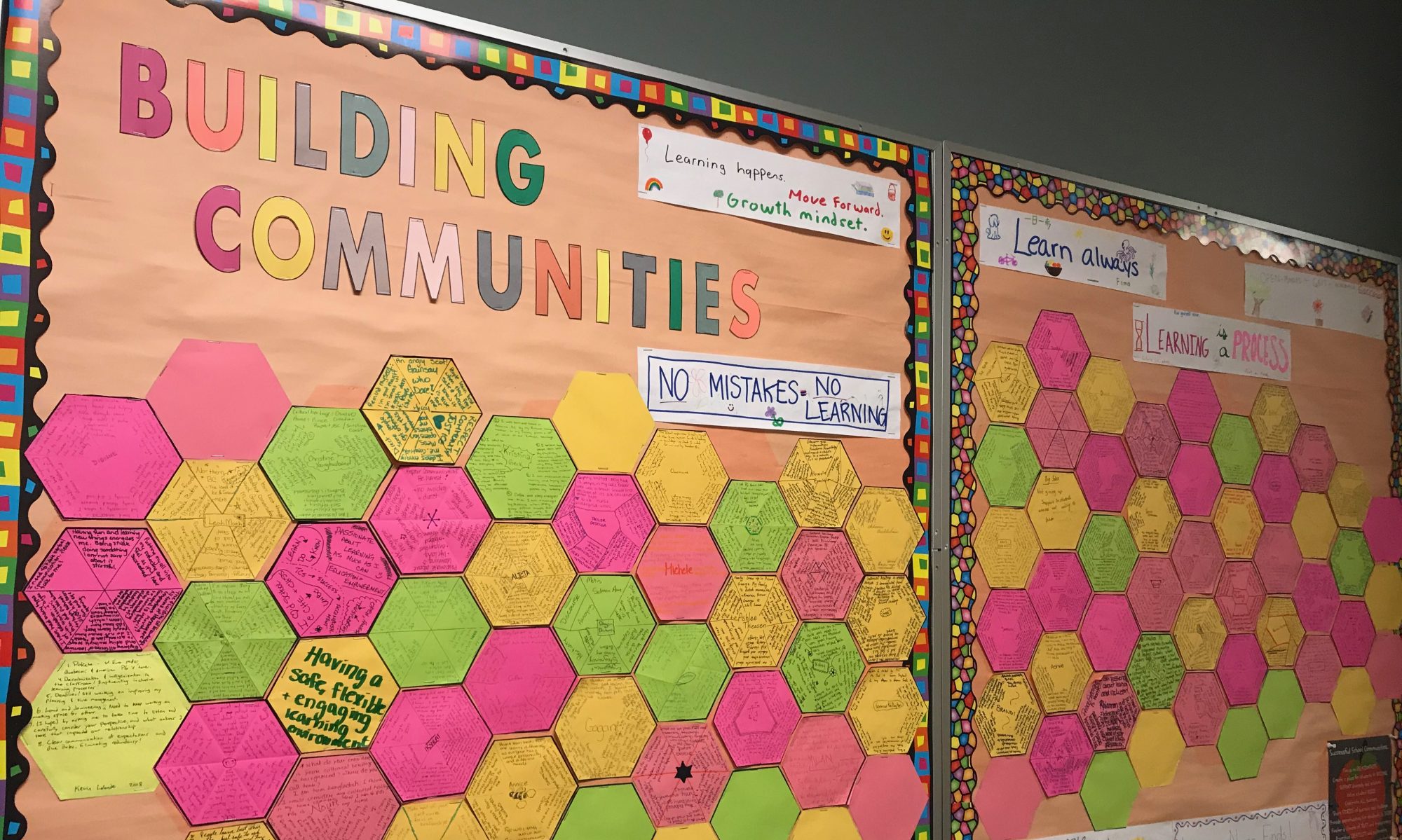Thanks Alex …
Deep Adaptation: Resilience, Relinquishment, Restoration (Bendell 2018)
Friesen (2018) suggested for teacher educators to explore their unexamined assumptions (thank you Susan for the link). One implicit assumption that I notice about our program (and others like it) manifests in the frequent calls for ‘preparing learners for employment’ or for ‘the real word’. This qualifies as a ceteris paribus fallacy, the assumption that everything outside one’s focus will remain unchanged for the time being. Bendell argues that we all need to prepare for the exact opposite, namely the prospect that most of the sources of support we have come to rely on are likely to collapse or disappear within our lifetime. I suggest that teacher training for the 21st century must focus on empowering learners to cope with that prospect. Bendell’s paper has inspired me more than just about anything else I have read this year:
Bendell, Jem. 2018. Deep Adaptation: A Map for Navigating Climate Tragedy. IFLAS Occasional Paper 2 www.iflas.info (July 27). Occasional Paper, Institute of Leadership & Sustainability (IFLAS), University of Cumbria, UK. http://www.lifeworth.com/deepadaptation.pdf (accessed 29 July 2018)
Here is how I interpret his three principles in the context of teacher education:
– Empower learners to help build community resilience to mitigate the outcomes of collapse – e.g. aim for the safe operating space between ecological and social boundaries as described by Raworth’s Donut Economics. https://www.thelancet.com/pdfs/journals/lanplh/PIIS2542-5196(17)30028-1.pdf The first thing learners can do is study Raworth’s model.
– Relinquish what traditions, ideals and practices have become counterproductive – such as the ideals of limitless growth, or the right to receive or extract even more resources. Get used to the idea of making do with much less – but strive to distribute it more equitably.
– Restore practices and structures that can facilitate a Great Transition to a sustainable future of acceptable quality – respect for the intrinsic worth of all life forms would be a great start, as was modelled by many indigenous cultures from time immemorial. Colonialism was a mere blip in history, and so is ecological overshoot!

Those three constructs – the 3Rs that Alex shared resonate for me … wondering if they might form part of our design principles and inform some of our cross cutting themes? I’m looking forward to our sustained conversations on Nov. 2-3 … if we can figure out our thematic overview, the cross cutting themes and the open, middle and closing activities should happily fall into place …
S.